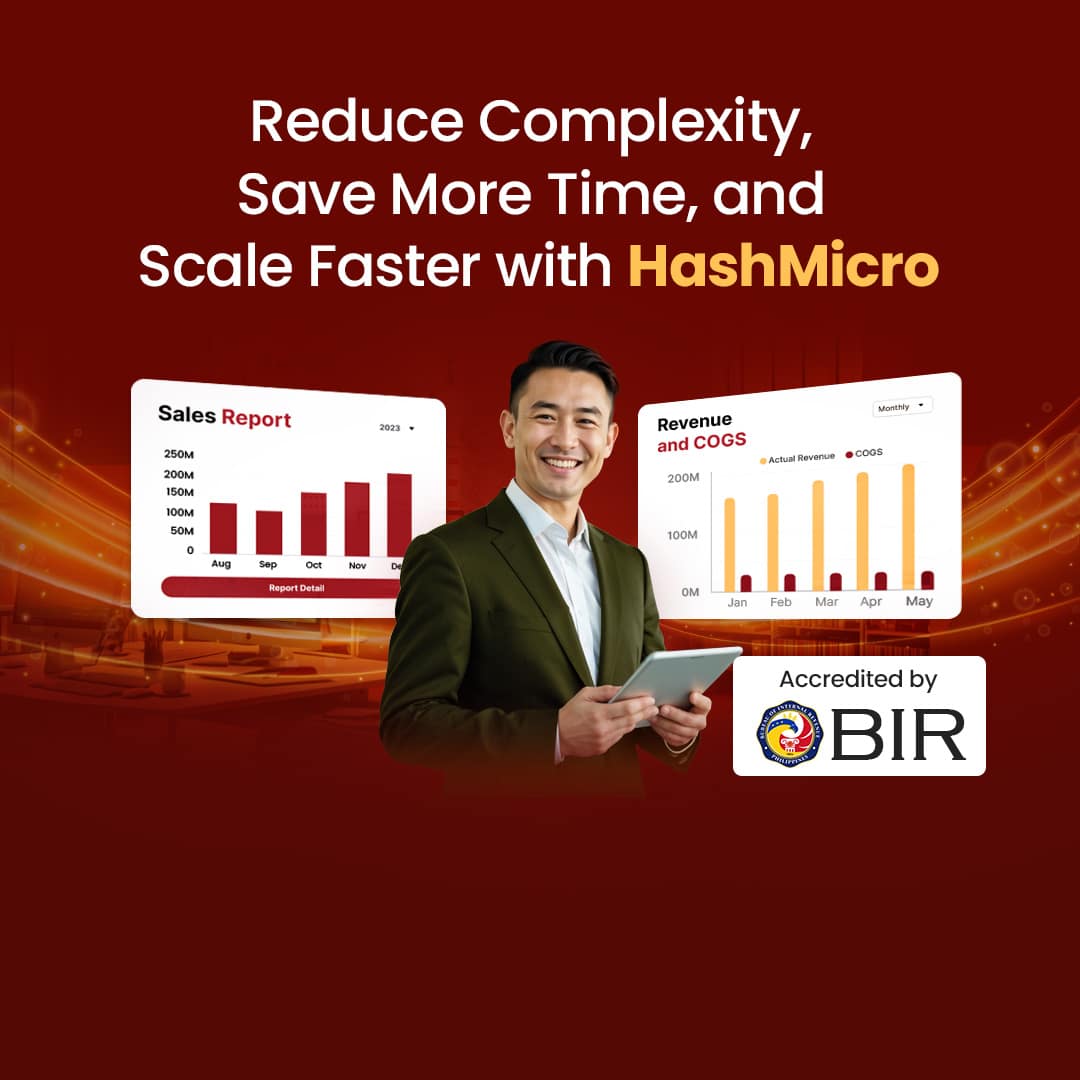Overlooking the integration of advanced HR management tools into business operations can lead to significant setbacks, impacting a company’s ability to maintain operational efficiency and stay competitive. Manual handling of HR responsibilities not only increases the risk of errors but also slows down processes, leading to employee dissatisfaction due to potential payroll inaccuracies and delayed benefits administration. At this juncture, the ERP HR module emerges as the optimal remedy.
Without access to the analytical insights that modern HR solutions provide, businesses may struggle with strategic workforce planning, resulting in ineffective hiring and retention strategies. This approach also elevates compliance risks, as manually keeping up with changing labor laws is cumbersome and error-prone.
Moreover, expanding operations or entering new markets without the support of efficient workforce management becomes increasingly difficult. In essence, neglecting to adopt sophisticated HR management solutions can lead to financial losses, decreased employee engagement, and a compromised reputation, all of which are detrimental to long-term success.
Table of Contents
Introduction to the ERP HR Module

The ERP HR module is a vital component of an ERP software that enables organizations to efficiently manage their human resources throughout the entire employee lifecycle. It centralizes employee information and automates HR processes, providing businesses with the tools and functionalities to streamline HR operations, enhance efficiency, and improve workforce performance.
The ERP HR module encompasses various core submodules that cover the key aspects of human resource management. These submodules include:
- Organizational Management: This submodule allows businesses to create and manage organizational structures, define roles and responsibilities, and establish workflows for approvals and communication.
- E-Recruitment and Timesheet Management: This submodule facilitates the entire recruitment process, including job requisitions, candidate evaluation, and job offers. It also handles timesheet management, attendance tracking, and absence management.
- Personnel Administration and Payroll: This submodule enables efficient management of employee records, personnel data, payroll processing, tax deductions, and compliance reporting.
- Training, Resource Planning, and Staff Appraisal: This submodule supports employee training programs, resource planning, and performance evaluations, empowering businesses to drive employee development, improve performance, and identify growth opportunities.
By leveraging the functionalities offered by the ERP HR module, organizations can streamline their HR processes, improve data accuracy, and enhance strategic decision-making. The module provides a centralized platform for comprehensive human resource management, ensuring that businesses can effectively oversee and optimize their workforce throughout the employee lifecycle.

Core Submodules of the ERP HR Module

Organizational management is a key submodule of the ERP HR module that allows businesses to efficiently manage their employee profiles, organizational structure, and workflow processes. It provides features like employee profiles, org charts, and workflow capabilities for approvals, enabling businesses to have a clear overview of their workforce and streamline communication and decision-making.
The e-recruitment and timesheet management submodule of the ERP HR module plays a crucial role in facilitating the hiring process. It allows businesses to create job requisitions, post job postings, evaluate candidates, and issue job offers.
Additionally, this submodule includes functionality for timesheet management, tracking employee attendance, work hours, time off, and managing short- and long-term absences. With these features, businesses can enhance the recruitment process and ensure accurate timesheet management for efficient workforce tracking.
The personnel administration and payroll submodule of the ERP HR module handles various HR functions, including managing employee records, payroll processing, tax calculations, deductions, and compliance reporting. It enables businesses to efficiently manage personnel data, update employee information, and generate accurate paychecks. This submodule ensures compliance with labor regulations and streamlines payroll management for enhanced HR operations.
The training management submodule of the ERP HR module provides businesses with the tools and functionalities to manage employee training and development programs. It allows businesses to create resource plans, identify future roles and career paths, and conduct performance evaluations. By facilitating employee development and performance evaluations, this submodule supports employee growth and drives individual and organizational success.
Key Features and Functionalities
The ERP HR module offers a range of key features and functionalities designed to optimize human resource management within your organization. These features include:
- Biometric Integration: The ERP HR module allows businesses to integrate biometric devices for automated attendance tracking. This eliminates manual attendance recording, reduces errors, and ensures accurate and reliable attendance data.
- E-leave Management: The module includes e-leave management, providing employees with a self-service portal to apply for leaves and managers to approve leaves electronically. This streamlines the leave management process and improves efficiency.
- Automated Attendance Tracking: By leveraging biometric integration and other attendance tracking mechanisms, the ERP HR module automates the process of tracking employee attendance, reducing the need for manual record-keeping and ensuring accuracy.
- Leave Application: Through the module’s e-leave management functionality, employees can easily submit leave applications through a self-service portal, streamlining the leave request process.
- Reporting and Analytics: The ERP HR module offers robust reporting and analytics capabilities, allowing businesses to generate customizable reports and derive valuable insights from HR metrics. This enables data-driven decision-making and strategic HR planning.
- Workflow Automation: With powerful workflow automation capabilities, the module enables businesses to define and automate HR processes, including approvals and notifications. This streamlines workflow, increases efficiency, and reduces manual intervention.
- Organizational Structure and Employee Data: The ERP HR module allows for the creation and management of the organizational structure, providing a clear view of departments, hierarchies, and employee data. This facilitates organizational planning and ensures accurate data management.
- Scalability and Customization: The ERP HR module is designed to be adaptable to various business types and sizes, offering scalability to accommodate business growth. It also provides customization options to align with unique HR processes, ensuring a tailored solution for your organization’s needs.
These features and functionalities enable businesses to effectively manage HR operations through HRIS systems, streamline workflows, improve organizational efficiency, and enhance overall HR performance

Advantages of Integrating an HR Module into Your ERP System

Integrating an HR module into your ERP system can provide numerous advantages for your business. The seamless integration streamlines HR workflows, eliminates manual processes, and significantly improves overall efficiency. By integrating the HR module into your ERP system, you ensure data accuracy and consistency across all HR and other departments, facilitating seamless information exchange and enabling holistic business insights.
Additionally, the HR module empowers strategic decision-making by providing real-time HR data and analytics, allowing you to make data-driven decisions that drive your organization towards success.
The integration of an HR module into your ERP system enhances HR performance and improves the employee experience, making it an essential tool for your organization. With streamlined workflows, you can eliminate unnecessary administrative tasks and reduce manual errors, freeing up valuable time for your HR team to focus on strategic initiatives.
The strategic advantage of integrating an HR module into your ERP system lies in its ability to provide real-time HR data and analytics. This empowers you to analyze key HR metrics and trends, such as employee performance, turnover rates, and training needs, enabling you to make data-driven decisions that align with your business objectives.
With access to comprehensive HR analytics, you can make informed choices, implement targeted strategies, and nurture a high-performing workforce, ultimately driving your organization towards its goals.
In summary, integrating an HR module into your ERP system offers a myriad of advantages, including streamlined workflows, improved data accuracy, and strategic decision-making capabilities. By leveraging the power of the ERP HR module, you can optimize your HR processes, enhance overall operational efficiency, and position your organization for success in a dynamic business landscape.
Selecting ERP HR Software for Philippine Businesses

When it comes to selecting ERP HR software for your Philippine business, you need to consider several factors to ensure it meets your HR management needs. Here are some key considerations to keep in mind:
- Local Compliance Requirements: Make sure the ERP HR software you choose complies with local labor laws and regulations in the Philippines. This will ensure that your HR processes are in line with legal requirements.
- Scalability: Look for software that can easily scale with the growth of your business. As your workforce expands, you want to be able to add more users and functionality without facing limitations.
- Customization Options: Every business has unique HR requirements. Choose software that allows you to customize workflows, forms, and reports to align with your specific needs.
- Vendor Reputation: Research the reputation and track record of ERP HR software vendors. Look for testimonials, customer reviews, and case studies to assess their reliability and customer satisfaction levels.
- User-Friendliness: The software should be intuitive and easy to use for both HR professionals and employees. A user-friendly interface will help streamline adoption and minimize training requirements.
By considering these factors and conducting thorough research, you can make an informed decision when selecting ERP HR software for your Philippine business.
Implementation Challenges and Solutions
Implementing an ERP HR module in your organization may present various challenges that need to be addressed to ensure a successful implementation. These challenges include change management, data migration, user adoption, and system integration. Overcoming these challenges is crucial to maximizing the benefits of the ERP HR module and driving positive change within your HR processes.
Change management is a common challenge when implementing any new system or technology. Employees may resist the change or feel overwhelmed by the transition. To mitigate this challenge, it is important to communicate the benefits of the ERP HR module and involve employees in the implementation process. Educate them about the new system, provide training and support, and address any concerns or resistance that may arise.
Data migration is another significant challenge when implementing an ERP HR module. It involves transferring existing HR data from legacy systems to the new module. To ensure a smooth data migration process, proper planning, data cleansing, and validation are essential. Collaborate with your IT team and ERP HR module vendor to develop a comprehensive data migration strategy that minimizes the risk of data loss or inconsistencies.
User adoption is crucial for the successful implementation of the ERP HR module. Employees need to embrace the new system and utilize its features and functionalities effectively. To encourage user adoption, provide comprehensive training programs, workshops, and regular communication to demonstrate the value and usability of the ERP HR module. Seek feedback from users and address any usability issues or concerns promptly.
System integration is another challenge to consider during the implementation of an ERP HR module. The module needs to seamlessly integrate with existing systems and processes within your organization. Collaborate with your IT department and the ERP HR module vendor to ensure proper integration through thorough testing and eliminating any compatibility issues that may arise.
By addressing these implementation challenges and implementing effective solutions, you can overcome hurdles and ensure a successful integration of the ERP HR module in your organization. The key is to prioritize change management, plan and execute data migration carefully, promote user adoption, and ensure seamless system integration. With the right approach, the ERP HR module can transform your HR processes and drive organizational success.
Conclusion and Future Trends
In summary, adopting the best ERP HR module from HashMicro can significantly enhance your organization’s HR management, offering streamlined operations, automated processes, and improved efficiency. This integration centralizes HR functions and introduces advanced features like organizational management, e-recruitment, and payroll, enabling effective management across the employee lifecycle.
The future of HR technology, driven by AI and analytics, promises to transform ERP HR modules further, offering predictive insights, efficient workforce planning, and personalized employee engagement. These advancements will facilitate more automated HR processes and smarter decision-making, crucial for adapting to trends like remote work and flexible schedules.
Choosing HashMicro’s ERP HR module positions Philippine businesses at the forefront of HR technology, ready to reap the benefits of improved HR performance and employee satisfaction. As HR technology evolves, staying ahead with HashMicro ensures your business remains competitive in talent management and organizational success. Get free demo by clicking here.




































